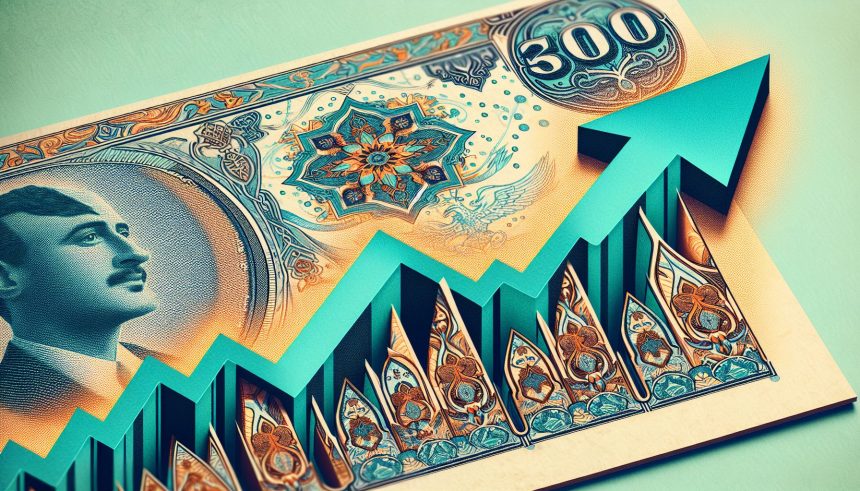The Turkish lira rose against the US dollar upon President Recep Tayyip Erdogan’s announcement of extending the time for his economic team to refine their results, particularly after an unexpected loss in local elections for Erdogan’s Justice and Development Party.
This unexpected loss pushed Erdogan’s economic advisors to rethink their strategies with the goal of stabilising and improving the country’s economy. Their confidence inspired investors, helping the Turkish lira appreciate against the US dollar.
Despite this political setback, Erdogan’s constant faith in his team showed his determination of leading the economy towards stability and growth. Nevertheless, the condition of the Turkish economy will substantially rely on the efficacy of the revised policies and their execution in the coming months.
Major cities like Istanbul and Ankara fell under the control of opposition parties post-election, but Erdogan promptly accepted the results and expressed hope for future economic recovery. His statement showed the importance of unity and resilience amid political change. He expressed faith in the country’s economic future, emphasising his intent to ensure prosperity and progress.
The Turkish lira increased by 2.2% against the US dollar, surpassing other emerging-market currencies for the day. In spite of struggling economies in other regions, Turkey’s economy experienced a considerable uplift.
Erdogan’s policy extension uplifts Turkish economy
Investors demonstrated renewed trust in the Turkish currency.
Hasnain Malik, strategist at Tellimer, suggested the election results could motivate a shift in Turkey’s economic policies to address economic troubles and inflation. He proposed that these changes could improve relationships with Western allies and strengthen the independence of monetary institutions in the country, working towards economic stability in the long run.
Erdogan’s move towards traditional monetary policies attracted foreign investors, leading to an acquisition of $4.9 billion in Turkish assets. However, concerns about the volatility of these assets persist. The future of the Turkish investment landscape rests on the effectiveness of Erdogan’s monetary policies in sustainably curbing inflation.
Mehmet Simsek, Turkey’s primary economic official, emphasised the need to uphold current economic strategies, like strict monetary policies, restrictive credit policies and regulated public spending. Simsek’s strategies aim to maintain economic stability and drive growth.
Temmuz Yigit Bezmez, a consultant at Istanbul Economics, predicts that Erdogan will continue to rely on Simsek and his economic plan, highlighting the need to avoid populist strategies in the current economic environment. Bezmez argues that sustainable economic growth is critical, along with the prevention of deterioration in the financial climate, benefiting not only Turkey but also its negotiations and relationships with global economic bodies.







